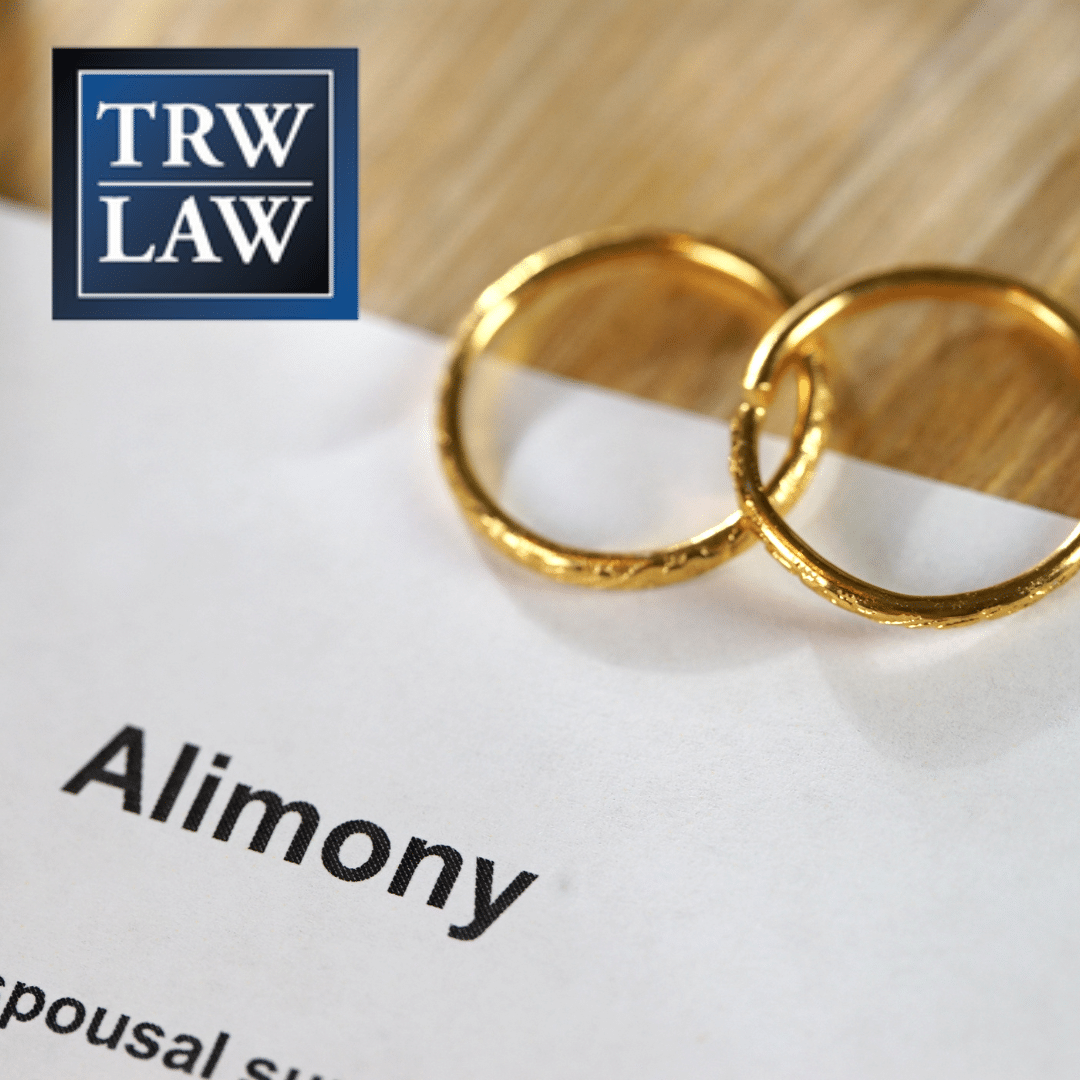- Rare Nature: It’s uncommon for either parent to get sole custody in Florida, but mothers can pursue it if deemed best for the child’s welfare.
- Best Interest of the Child: Florida courts prioritize the child’s best interests when considering custody arrangements, including whether awarding parental responsibility to a parent would be detrimental.
- Factors Considered: Various factors influence custody decisions, such as the child’s living environment, parental involvement, mental and physical health of parents, and existing child support agreements.
- Legal Process: Pursuing full custody involves legal procedures like filing a petition, mediation, negotiation, and evidentiary hearings, typically requiring the assistance of experienced family law attorneys.
- Demonstrating Best Interests: Mothers seeking sole custody must demonstrate that it’s in the child’s best interests, often by showing their ability to provide a safe and nurturing environment and active involvement in the child’s life.
Florida law generally prefers that both parents participate in raising children. Thus, courts will usually grant each parent time with their children. It is rare for either parent to get sole custody in Florida. However, a mother plays a crucial role in a child’s development and well-being, and they sometimes determine that having full custody would be best for the child.
Florida family court judges’ main priority is to protect the best interests of children. A court will consider granting full custody if it believes awarding any parental responsibility or visitation rights to a parent would be detrimental to the child.
If you’re a mother determined to get full custody of your children, the dedicated family law team at The Law Offices of Travis R. Walker, P.A., can help.
Understanding Full Custody in Florida as a Mother
There are two parts to custody under Florida law: parenting time and parenting responsibility.
In Florida, parenting time refers to how much time a child spends with each parent. This may include overnight time and visitation. In other states, this is commonly called physical custody.
Parental responsibility in Florida refers to each parent’s right to make major decisions about raising the child. This includes making decisions about upbringing,health care, education, and religion. In other states, this is commonly called legal custody.
Florida’s custody law explicitly states that both parents should spend time with their children and share responsibility for their children.
Florida courts do not give a preference to mothers in arranging custody. A new Florida law that became effective July 1, 2023, requires courts to start from the assumption that a 50/50 time split is the ideal custody arrangement and make modifications based on individual situations.
It’s rare for a Florida court to cut one parent off completely. Even if a child lives with their mother 100 percent of the time, the court may continue to allow the father to take part in some or all decisions about the child’s upbringing. In addition, the court may require some amount of visitation between the father and child.
There are some restrictive custody arrangements that courts may agree to, such as the following:
- In cases when the mother can demonstrate a safety risk, such as drug abuse, dangerous criminal activity, or questionable living quarters, courts may agree to restrict overnight visits.
- In very rare cases, courts might order supervised visitation. However, the mother must produce significant documented proof showing the other parent poses a danger to the child.
- If a mother can clearly prove that the father consistently makes decisions that pose a risk to the child, the courts might consider letting the mother have sole parental responsibility. This is very hard to prove. It is more likely that the court would create a parenting agreement that allows the father a limited role in making decisions for the child.
Factors Influencing Custody Decisions
Florida courts’ overriding concern is the best interests of the child. That is the primary objective in all custody proceedings. Judges review a variety of factors when deciding custody arrangements and decide how each affects the child.
Even when mothers seek sole responsibility for a child, they should show they are willing to support the child’s relationship with the other parent. The courts expect all parents to act in the child’s best interests and not according to their own feelings about the child’s other parent.
Some factors the court will consider include the following:
- Whether the child is already living in a stable environment—with a preference for continuity
- Whether parents know specific details about their child’s life
- Whether parents can provide a consistent routine for the child
- The mental health, physical condition, and moral character of each parent
- The geographic viability of any parenting plan
- Any child support agreements
The Legal Process of a Mother Getting Full Custody
In Florida, there is a defined process for a mother seeking full custody. Most custody proceedings require significant documentation, evidence, and official legal filings. Making mistakes or missing deadlines can result in decisions that don’t protect your child the way you want.
So, how can a mother get full custody in Florida? As a mother, you need an experienced, qualified family law attorney to manage your custody case.
Steps To Pursue Full Custody as a Mom in Florida
You should never try to seek full custody alone. Your first step should be to consult with an experienced lawyer. Custody cases require a lot of time, paperwork, and a deep understanding of the family law court system. It’s important to have an experienced lawyer on your side.
The team at The Law Offices of Travis R. Walker, P.A., can ensure you don’t wind up with an unfavorable custody decision due to procedural errors during the court process. The firm can help you with:
- Filing a petition: The first step in a custody case is to file a petition with the court in the county where your child resides. The petition formally requests the court to decide on a plan for parental time-sharing and parental responsibility. Taking the initiative to ask for custody shows you are serious about your child’s future and determined to ensure their best interests are served. The other parent must be served with the petition. They are allowed to either contest the petition or file an uncontested response agreeing with the information in your petition.
- Mediation and negotiation: Parents must agree to mediation, which involves working with a neutral third party to try and set a custody agreement themselves. If the parents reach an agreement, the mediator can draft the parenting plan and forward it to the courts for the judge’s approval. If mediation does not result in an agreement, you will go to court, and a judge will decide your case.
- Evidentiary hearing: The formal process for presenting your case to the judge is an evidentiary hearing. During the hearing, both sides can present relevant information to the judge. This is a mother’s opportunity to make the case that it is in the child’s best interests for the mother to receive most or all of the parental responsibility for the child.
Demonstrating the Child's Best Interests
Mothers who want to have sole parental responsibility need to be able to show how it’s in the best interests of the child. The mother must prove the home is a safe and nurturing environment for the child. Mothers can demonstrate this in several ways, including:
- Spending as much time with your child as possible
- Supporting your child by helping with homework, using appropriate discipline, and ensuring your child is always safe and adequately supervised
- Logging how much time your child spends with their father
- Logging any incidents when the father misses planned activities or appointments
- Arranging your work schedule to be home with your child during nonschool hours
- Being active and involved in decisions about your child’s schooling, health care, and other activities
- Providing a safe, clean home
- Refraining from criticizing your child’s other parent when your child can hear you
Getting the Right Legal Team
Getting full custody of your child in Florida requires courage, determination, and meticulous attention to detail. With the help of experienced family law attorneys, you can build a case showing that your child’s best interests are served by being under your care.
Call 772-708-0952 to contact The Law Office of Travis R. Walker, P.A.












